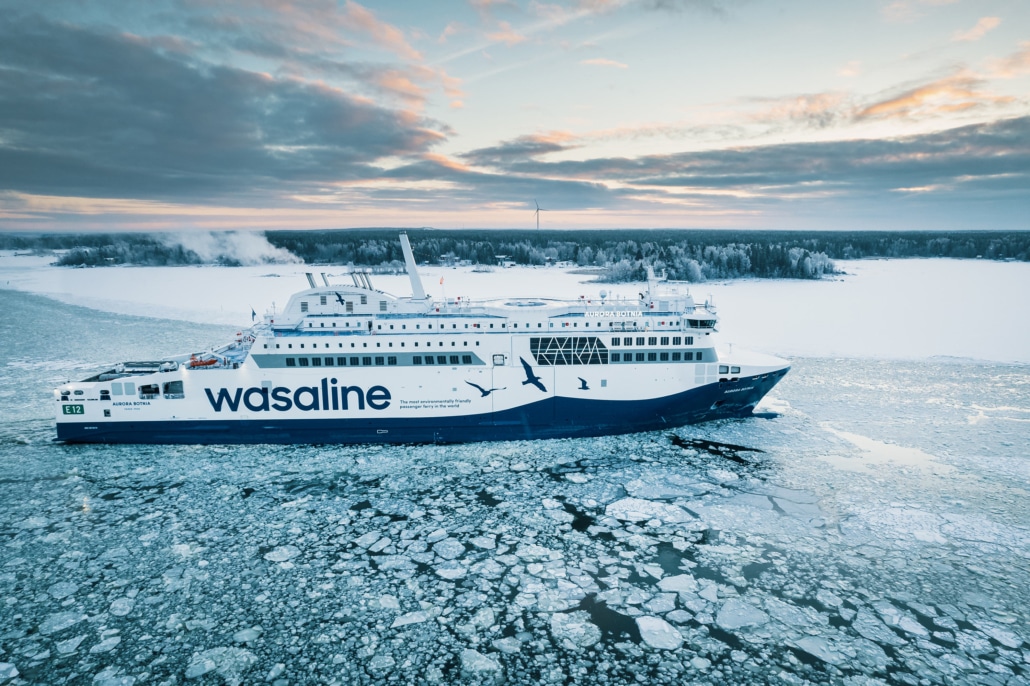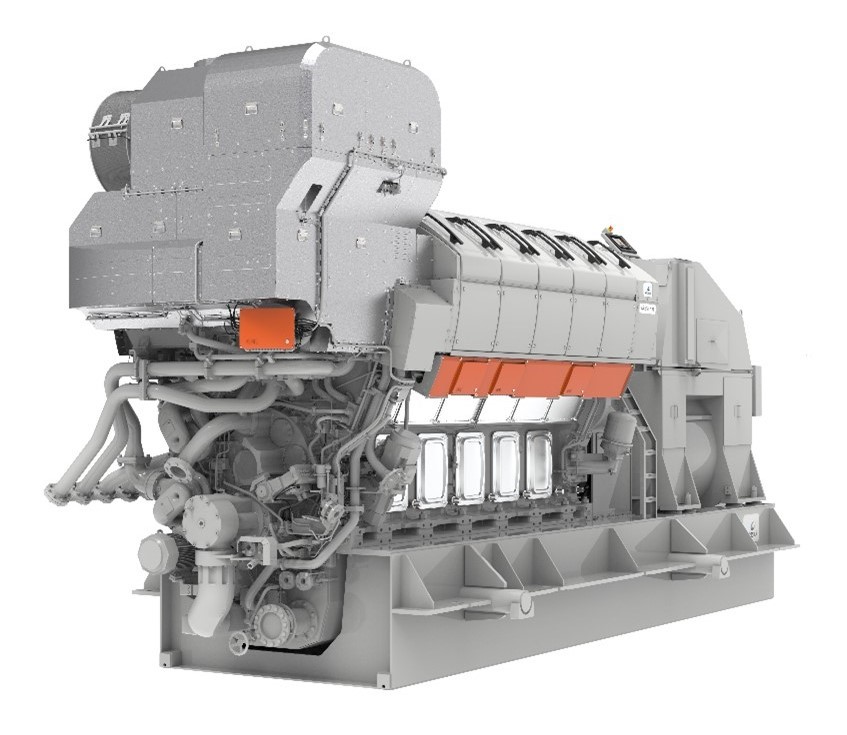
Wärtsilä unveils ultra-low emissions version of the 31DF engine, setting a new industry standard.
Wärtsilä Corporation has launched an ultra-low emissions version of its highly efficient Wärtsilä 31DF engine. Operating on LNG, this innovative engine can now reduce methane emissions by up to 56 percent and nitrogen oxide (NOx) by up to 86 percent on a 50 percent load point. On average, it slashes methane emissions by an impressive 41 percent more compared to the standard Wärtsilä 31DF engine, which already boasts the lowest emission levels on the market.
The new version has been successfully implemented on one of the four engines powering Wasaline’s Aurora Botnia ferry, resulting in a noteworthy 10 percent reduction in methane emissions. This milestone achievement is part of the EU co-funded Green Ray and SeaTech projects, where Wärtsilä collaborated closely with Wasaline to pave the way for sustainable shipping. An independent study conducted by VTT, the Technical Research Centre of Finland, in December 2022 confirmed the exceptional results.
Wärtsilä and Wasaline have forged a long-term partnership dedicated to reducing emissions onboard the Aurora Botnia, renowned as the world’s most environmentally friendly RoPax ferry. Peter Ståhlberg, Managing Director of Wasaline, emphasized the commitment to decarbonization and highlighted the mutually beneficial nature of the partnership. He expressed excitement at the success of Wärtsilä’s latest technological breakthrough.

Since its launch in 2015, the Wärtsilä 31DF engine platform has been celebrated for its outstanding fuel economy, high performance, and minimal greenhouse gas (GHG) impact. The standard version already meets current regulatory requirements. The introduction of this new version enables operators to further reduce methane emissions, ensuring their vessels are prepared for potentially stricter global regulations in the future. This advancement also plays a pivotal role in securing the long-term viability of LNG as a marine fuel.
Stefan Nysjö, Vice President of Power Supply at Wärtsilä Marine Power, underscored the company’s dedication to continuous improvement in efficiency and emissions reduction. He emphasized that this latest innovation is a crucial step towards decarbonization. Wärtsilä remains at the forefront of creating solutions that support the industry’s transition towards cleaner operations.
While methane slip from engines constitutes a relatively small percentage, its potency is up to 28 times greater than CO2. Therefore, reducing methane emissions is a highly effective strategy to curtail overall GHG emissions from engines in the coming decade. This complements broader initiatives aimed at reducing CO2 emissions within the shipping industry.
This project is co-funded by the European Union.

